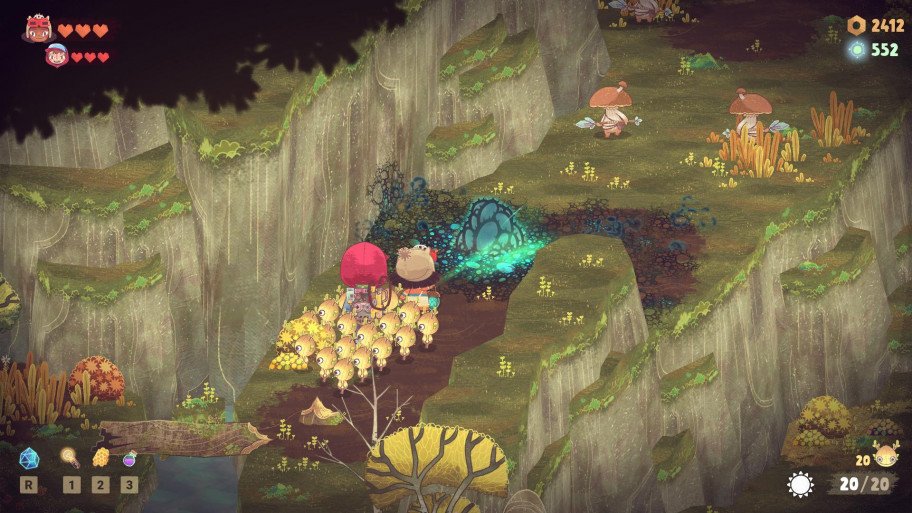
Moral guardians are quick to condemn rock music and other media for corrupting youth, while Lynch makes the observation that perhaps these forms of expression are a response to a dark and cynical world.

“Sailor Ripley,” Lula demands, “you get me some music on that radio, this instant!” Cue the pair thrashing around to heavy metal. Lula freaks out at every station on the radio insists on reminding the pair that the world is a terrible, terrible place, populated with cruel and selfish people (and the film does little to challenge this assertion).
#The wild at heart review movie
Lynch manages to give his movie a fairytale ending.Īt another point, the two are driving along and flicking through the radio stations, listening to reports of murders, rapes and mutilations. He’ll fight to protect his girl’s honour, but is man enough not to take it too far ( “get yourself a beer,” he cheerily advises a guy he just beat up).
#The wild at heart review driver
He was a driver in a criminal organisation, but is enough of a decent human being to want to bring a car crash victim to the local emergency room, regardless of the consequences for his parole. He’s “an A-number-one certified murderer”, even though he only killed in self-defense. Sailor is a whole host of classic American archetypes as he rides across the heartland of America in his convertible, which might as well be his home. Sent to prison in order to keep him away from Lula Fortune, his teenage heart throb, Sailor gets out and the couple embark on an across country road trip together. Sailor wears a snakeskin jacket (symbolising his “individuality” and his “belief in personal freedom”) because perhaps a leather jacket would have too obviously evoked the (tragically short) teenage rebellion of James Dean. The lead character, literally named “Sailor”, is played by Nicolas Cage doing a wonderful full-on Elvis Presley impersonation. So, what we have here is something which resembles a road movie through the lens of a fifties “teenage rebellion” picture, along with a far more cynical modern crime film. I’m not such a blind devotee of Lynch that I believe he doesn’t wander into abstract cinema just for the sake of abstract cinema – but I do like some of it.

One person’s deeper meaning is another person’s pretentious nonsense. Lynch’s work is so richly layered with subtext that books could be written (and have been written), devoted to decoding the hidden symbols and meanings that the director has put in place. Of course, this is undoubtedly an overly simplistic reading. Good, Lynch seems to suggest, doesn’t so much beat evil as it endures whatever evil can throw at it. Sure, horrible things happen (repeatedly) to good people, it seems that our heroes are fighting against odds that simply won’t be beaten, and Lynch devotes a great deal of time to sinister deconstructions of core American stereotypes (be it the family life of the Fortunes or the romanticism around desert outlaws), but the cast is populated with a few genuinely decent and empathic human beings who do (occasionally) earn a happy ending, even if they have to travel through hell to earn it. In many ways, Wild at Heart feels like Lynch tending towards being somewhat idealistic.


 0 kommentar(er)
0 kommentar(er)
